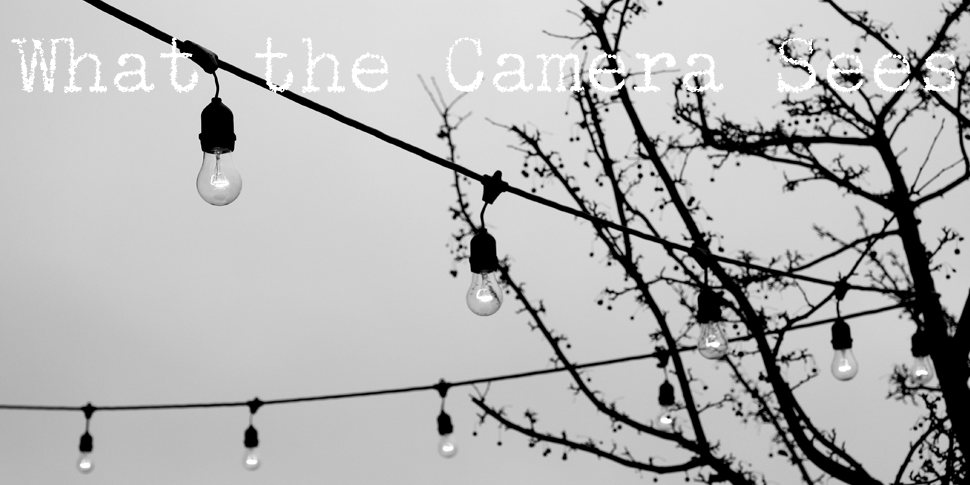Margaret Avison
The passive comes to flower, perhaps
a first annunciation for the spirit
The turning-point is morning:
now Budapest, now feathery
fields - where explorers' maps showed nothing -
now a crippled crofter's in his doorway
or the Scandinavians' by the sea.
Under the dry fence
gooseberries dangled on thin stems,
cottony grass buried the fence-posts, the
grainy dirt trickled with ants.
I smell bare knees again and summer's clouds.
Somebody's grandpa came in shirt-sleeves, solid
and asymmetrical, rooting the word
'trunk', for a child, as right
for man or tree,.
He stood, and gnarled
silently, while he talked over our heads
to some invisible neighbour
we did not bother glancing up to see.
The honeycombing sun opened and sealed us in
chambers and courts and crooked butteries,
cities of sense.
Tomes sag on the begrimed shelves locking in light.
Most men would rather take it straight.
Nothing can contrive
accepting. Sparrows in the curbs
and ditch-litter at the
service-station crossroads
alike instruct, distract.
The stone lip of a flower,
the lowest, on the left side,
on the government building,
stares through a different sun.
I lean on the warm stone
and sense its coldness.
The palaces of sense are
patchy after years of hopeless upkeep,
taxes, institutional requisitioning:
a public charge, largely.
A woman with her hair
fixed like a corpse's
is closed like a bank's vault against
even the Sanhedrin of the ranged
windows and towering blocks.
Yet touched to pallor, she
knows day, abruptly,
as I, and the stone flower, abruptly,
suffer the cryptic change.
The turning point of morning, and the
unmerging child,
like the sadness of the summer trees,
assert their changelessness
out of this day-change.
Light, this discovering light, is a beginning
where many stillnesses
yearn, those we had long thought long dead
or our mere selves.
In the moment of held breath
the light takes shape:
now in Osiris, stepping
along the reedy shore of sunset where
stone skiffs manoeuvre through
wild grass and the dark water-gates;
now chipped among the textures of
the chrome, the celanese, the rough-cast plaster,
the stone flower , and my fingers resting on it;
in each at least light finds
one of its forms
and is:
even in the invisible neighbour,
periwigged, black, in hunting pinks,
or rinsing clouts beside the holy river,
who does not bother glancing up to see.
So, here is the story of this post. I had the whole thing typed up and ready to go last night, and then I previewed it and realized that the html was all wonky because the formatting on the poem was far from what it was supposed to be. I was way too tired to figure it out last night so I left it for today. Let me tell you, this is the post that would not format. But I think I finally have it how it is supposed to look. I've been reading Margaret Avison on a prof's recommendation and have to say that I really love her poetry. It's beautiful and full of phrases that are just so luxurious and wonderful. This photo, which is from the Butchart Gardens on Vancouver Island, is the kind of image that the first line "The passive comes to flower" evokes for me. Actually, I could go through this whole poem and come up with images at least for every stanza, if not for every line. Unfortunately, I don't have the exact pictures I want for all of it nor do I have the resources at the moment to get them. Maybe one day in the future I will be able to come back to this poem and put it together in photographs.
P.S. If you haven't watched The Young Victoria yet then you absolutely must. Truly incredible, beautiful film. I shall stop before I gush too much. Just go watch it. And then listen to some Schubert.


No comments:
Post a Comment